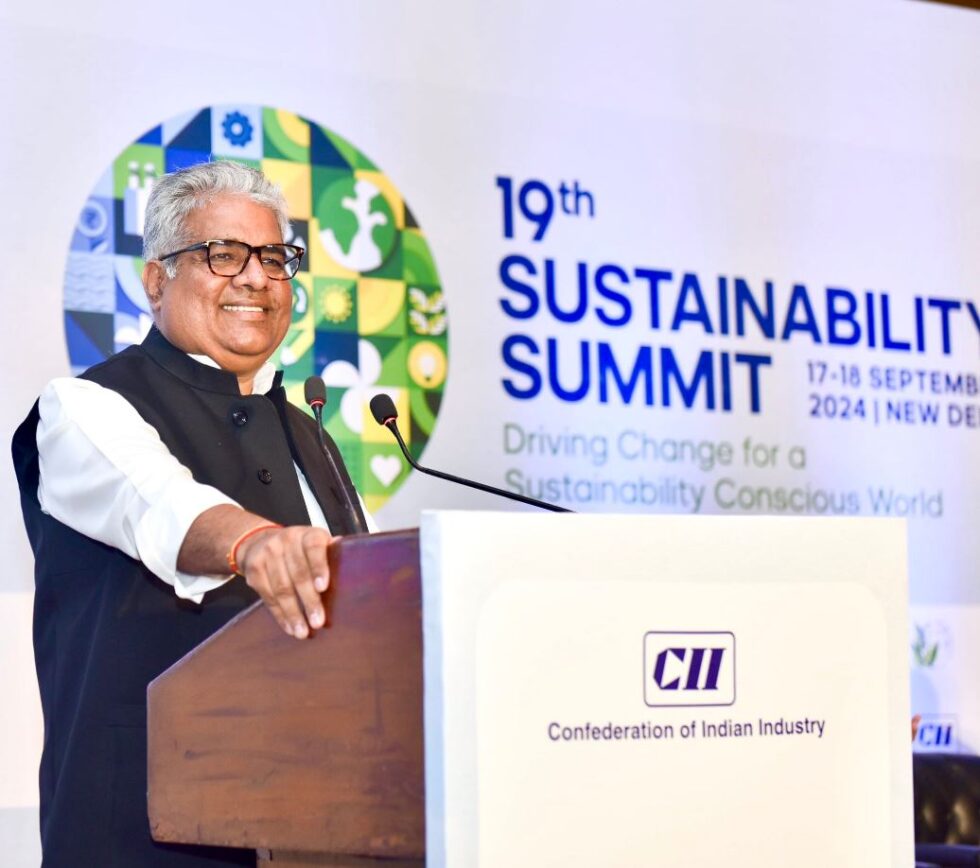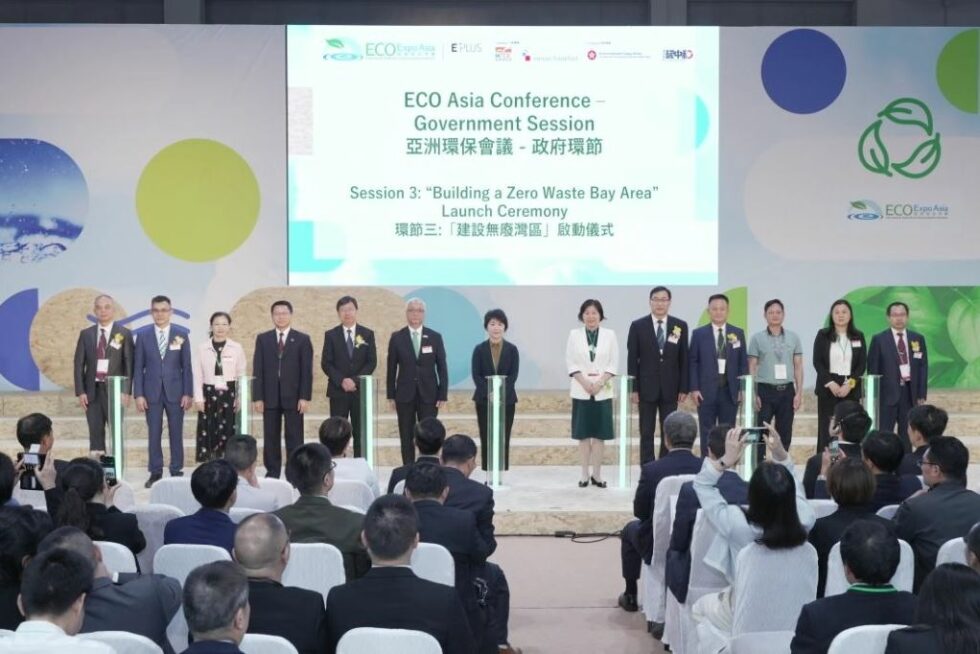19 Top Ukrainian GREEN think-tanks
ecoaction.org.ua
Center for Environmental Initiatives Ecoaction
epl.org.ua
Environment. People. Law
lowcarbonukraine.com
Low Carbon Ukraine
rac.org.ua
Resource and Analysis Center “Society and Environment”
zwsociety.org
Zero Waste Society
ukrainian-climate-office.org
Ukrainian Climate Office
ve.org.ua
Renewable energy
ive.org.ua
Institute of Renewable Energy of the National Academy of Sciences of Ukraine
necu.org.ua
National Ecological Center of Ukraine
enefcities.org.ua
Energy Efficient Cities of Ukraine
razomwestand.com
Razom We Stand
ekoltava.org
Ekoltava
ecoclubrivne.org
Ecoclub
sdia.org.ua
All-Ukrainian Agency for Investment and Sustainable Development
zeleniy-list.od.ua
Green Leaf
energytransition.in.ua
Energy Transition Coalition
mistosite.org.ua
Ukrainian Urban Platform
visionzero.org.ua
Vision Zero
ua.boell.org
Heinrich Boll Foundation Kyiv / Climate & Energetics
9 solid Brazilian GREEN think-tanks
What do Ukrainian think-tanks think ?
12 Top Ukrainian think-tanks working on Democracy & Rule of Law : cedem.org.ua, pravo.org.ua, oporaua.org, dejure.foundation, cvu.org.ua, dif.org.ua, ifesukraine.org, uplan.org.ua, ipo.org.ua, od.org.ua, centreua.org, ua.boell.org,
9 on International Security : geostrategy.org.ua, intsecurity.org, eesri.org, niss.gov.ua, razumkov.org.ua, uiamp.org, resilient-ukraine.org, cacds.org.ua, defence.org.ua,
7 on Foreign Policy : fpri.kiev.ua, icps.com.ua, neweurope.org.ua, ukraine-analytica.org, ucep.org.ua, prismua.org, adastra.org.ua,
7 on Corruption : acrec.org.ua, euaci.eu, nako.org.ua, izi.institute, ti-ukraine.org, statewatch.org.ua, antac.org.ua,
6 on the Economy : brdo.com.ua, ces.org.ua, eu4business.org.ua, ier.com.ua, kse.ua, iaa.org.ua,
6 Social & Economic think-tanks : case-ukraine.com.ua, rpr.org.ua, spa.ukma.edu.ua, ucsr.kiev.ua, voxukraine.org, uifuture.org,
5 on Human Rights : umdpl.info, ccl.org.ua, ecpl.com.ua, zmina.ua, helsinki.org.ua,
5 on the Environment : ecoaction.org.ua, epl.org.ua, lowcarbonukraine.com, rac.org.ua, ua.boell.org,
4 on Civil Society : eef.org.ua, global.gurt.org.ua, eap-csf.org.ua, ucipr.org.ua,
3 on Accountability & Transparency : egap.in.ua, eiti.org.ua, tapas.org.ua,
3 on Energy : dixigroup.org, energysecurityua.org, ua-energy.org,
3 on Gender : ua.boell.org, ucsr.kiev.ua, ukraine.unfpa.org,
2 on Disinformation : spravdi.gov.ua, detector.media,
2 Progressive think-tanks : cedos.org.ua, irf.ua,
1 on Budget : cost.ua, on Industry : gmk.center, Journalism : imi.org.ua, Justice : ldn.org.ua, Migration : europewb.org.ua, Population & Development : ukraine.unfpa.org, Transport : cfts.org.ua,
1 Investigative think-tank : texty.org.ua, Polling think-tank : kiis.com.ua, and 1 Public Diplomacy think-tank : ukraineworld.org.


